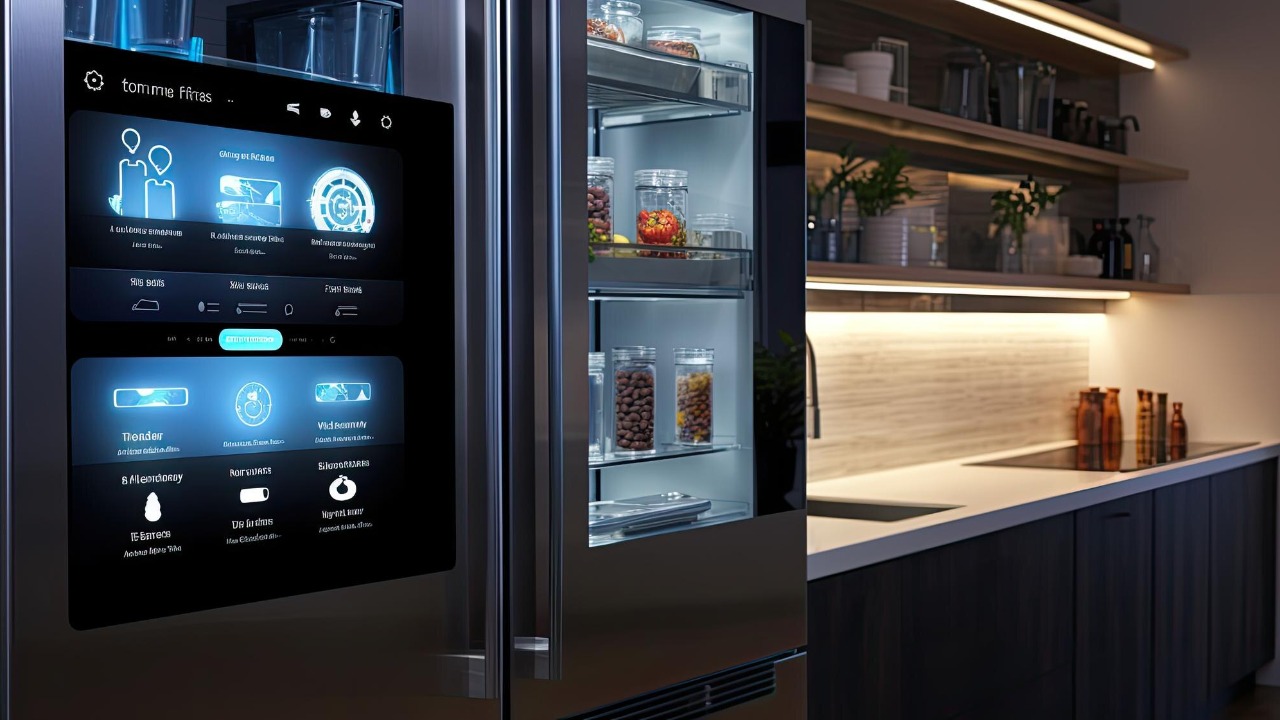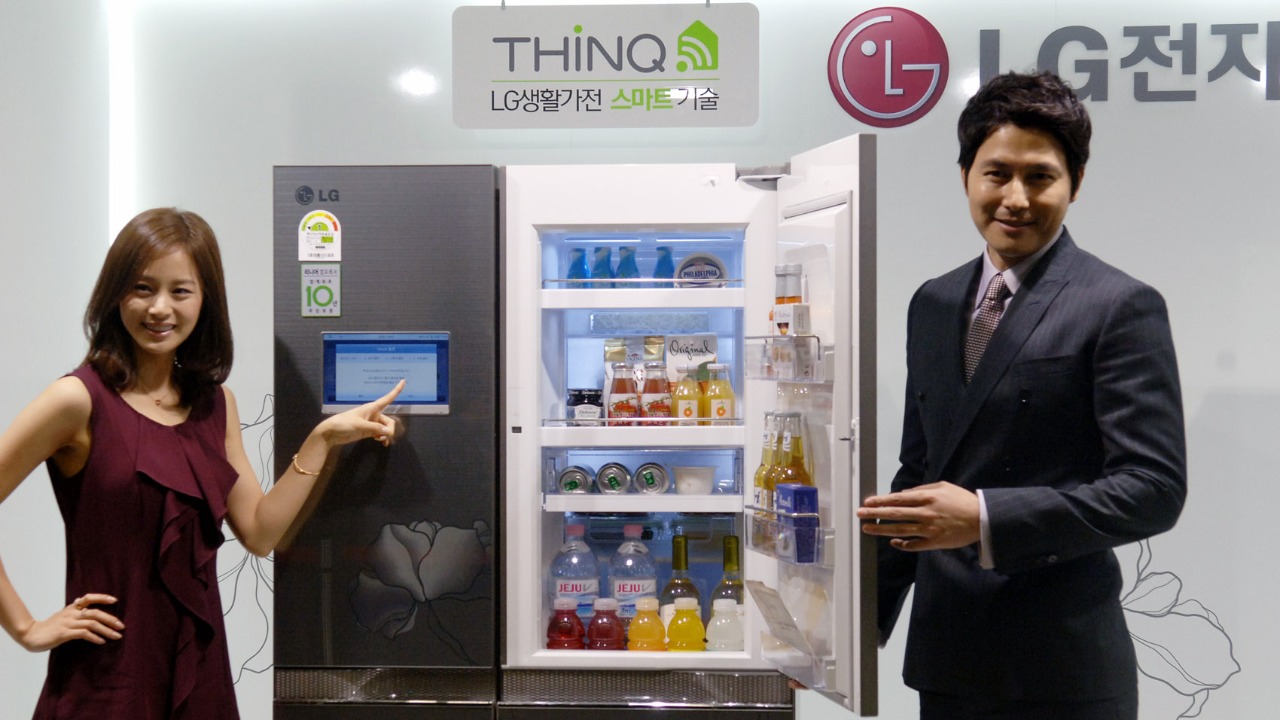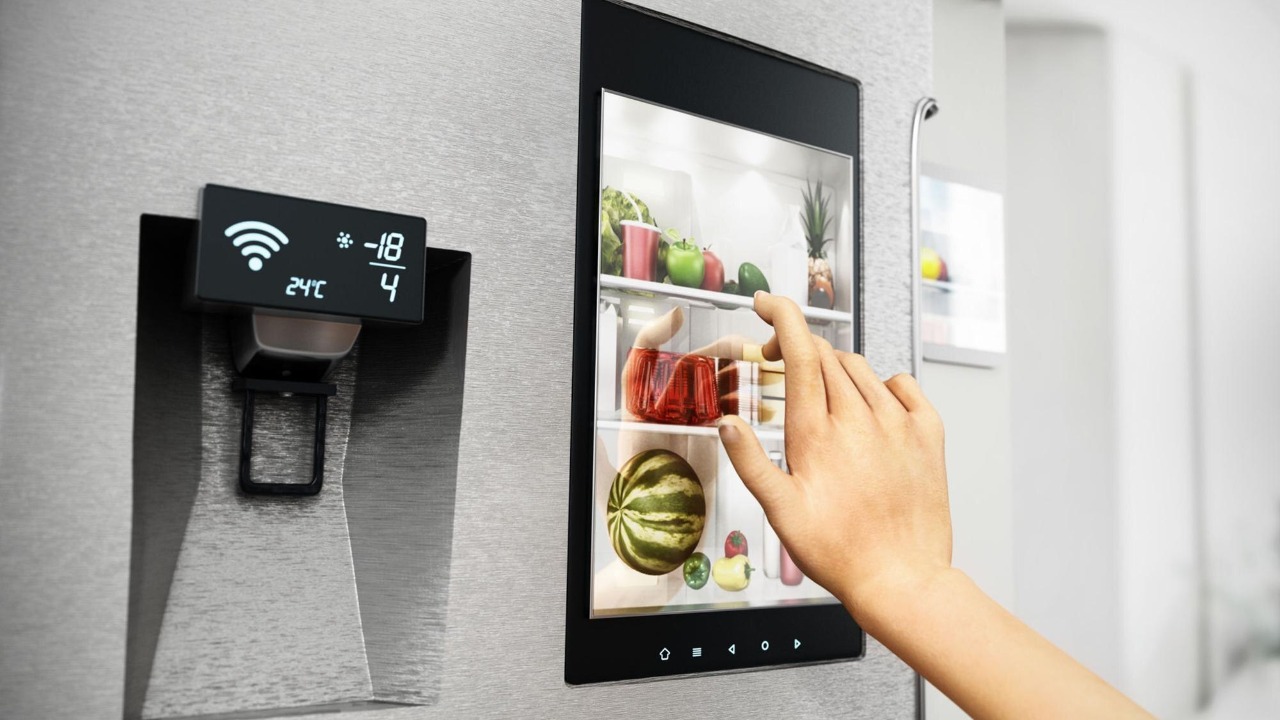Smart fridges, once heralded as the future of kitchen technology, are now at the center of a privacy debate. These advanced appliances, designed to make our lives more convenient, are increasingly becoming conduits for data collection. As smart fridges feed more information to brands, consumers are left questioning the implications for their privacy and security.
The Rise of Smart Fridges

Technology has evolved dramatically, transforming the humble refrigerator from a simple cooling box into a sophisticated smart appliance. Early models focused solely on maintaining a cold environment, but today’s smart fridges boast Wi-Fi connectivity, integrated touchscreens, and even voice activation. These advancements have turned them into central hubs of the modern kitchen, seamlessly integrating with other smart home devices. The technological leap allows users to control their fridge remotely, check contents via smartphone, and even receive alerts when food items are running low.
The appeal of smart fridges lies in their convenience features. With inventory tracking, these appliances can monitor the expiration dates of stored items and suggest recipes based on available ingredients. Automated grocery lists ensure that users never run out of essentials, while some models can even place orders directly with online grocery services. The popularity of smart fridges is on the rise, driven by partnerships such as the Samsung and Instacart collaboration, which combines cutting-edge technology with practical utility, making them an attractive addition to any smart home.
Data Collection Practices

Smart fridges collect a plethora of data, ranging from usage patterns to detailed logs of consumer habits. These appliances can track the frequency of door openings, temperature settings, and even the types of groceries stored. Such detailed information feeds into larger databases, helping companies understand consumer behavior on a granular level. Brands can glean insights into dietary preferences, peak usage times, and even predict future purchases based on historical data.
The purpose behind collecting this data is multifaceted. On one hand, it helps in creating personalized marketing strategies and product recommendations tailored to individual preferences. On the other, it aids in enhancing user experience by optimizing appliance functionality based on real-world usage patterns. Despite these benefits, there are growing privacy concerns among consumers. People are increasingly wary of how their personal data might be used or potentially misused by brands and third-party companies.
Impacts on Consumer Privacy

The legal and ethical implications of data collection by smart appliances are complex. Although there are existing regulations aimed at protecting consumer privacy, the fast-paced evolution of technology often outstrips legal frameworks. Questions arise about the extent to which companies are responsible for safeguarding collected data and the ethical considerations of using this data for profit. The balance between innovation and privacy remains a contentious issue, requiring ongoing dialogue between stakeholders.
Consumer awareness and consent are crucial in this landscape. While some users are informed about data collection practices, others may be less aware or may not fully understand the terms of service they agree to. Consent is often assumed rather than explicitly obtained, leading to potential breaches of trust. Real-world examples, such as those detailed in studies like this one, illustrate the consequences of privacy breaches, which can result in significant repercussions for both consumers and companies involved.
Brand Partnerships and Data Monetization

Brands are increasingly collaborating with smart fridge manufacturers to gain deeper insights into consumer behavior. These partnerships enable brands to leverage collected data for strategic advantages, ranging from product development to targeted advertising. By understanding how consumers interact with their appliances, companies can tailor marketing efforts more effectively, providing personalized experiences that resonate with individual preferences.
Data monetization models are diverse, with companies exploring various avenues to convert collected information into revenue streams. Targeted advertising is a common approach, where brands use consumer data to deliver personalized ads directly to users. Additionally, the insights gained from data analysis can inform product development, leading to innovations that better meet consumer needs. As technology continues to advance, the potential for increased collaboration between tech companies and consumer brands is significant, pointing towards future trends in data monetization.
Balancing Innovation and Privacy

As the debate over data privacy intensifies, there is a growing focus on technological safeguards to protect consumer information. Solutions such as encryption and user-controlled data sharing are being explored to enhance privacy protections. These measures aim to give consumers greater control over their data, allowing them to decide what information they are comfortable sharing and with whom.
Regulatory developments are also playing a crucial role in shaping the landscape of data privacy. Recent initiatives aim to strengthen protections for consumers, ensuring that companies adhere to stringent standards when collecting and using data. The role of consumer advocacy groups is vital in this context, as they push for more transparent data practices and stronger privacy protections. By advocating for consumers’ rights, these groups contribute to a more balanced approach, where innovation can thrive without compromising individual privacy.
The journey toward balancing innovation and privacy is ongoing, requiring collaboration and dialogue between all stakeholders involved. As technology continues to evolve, so too must our approaches to privacy and data protection, ensuring that the benefits of smart appliances are realized without sacrificing the trust and security of consumers.